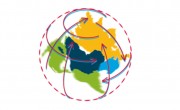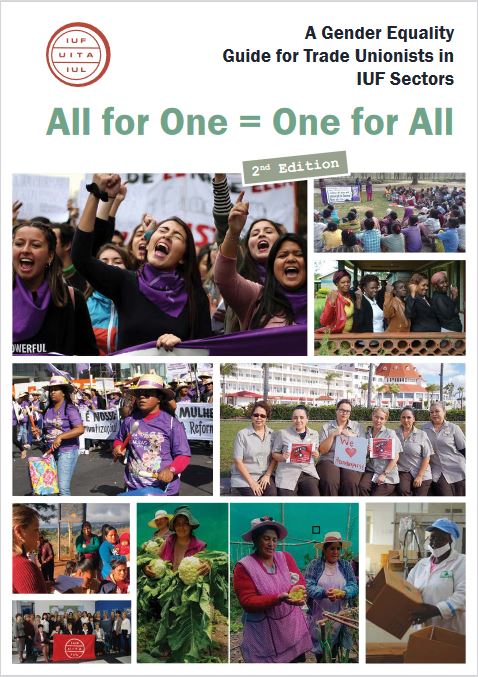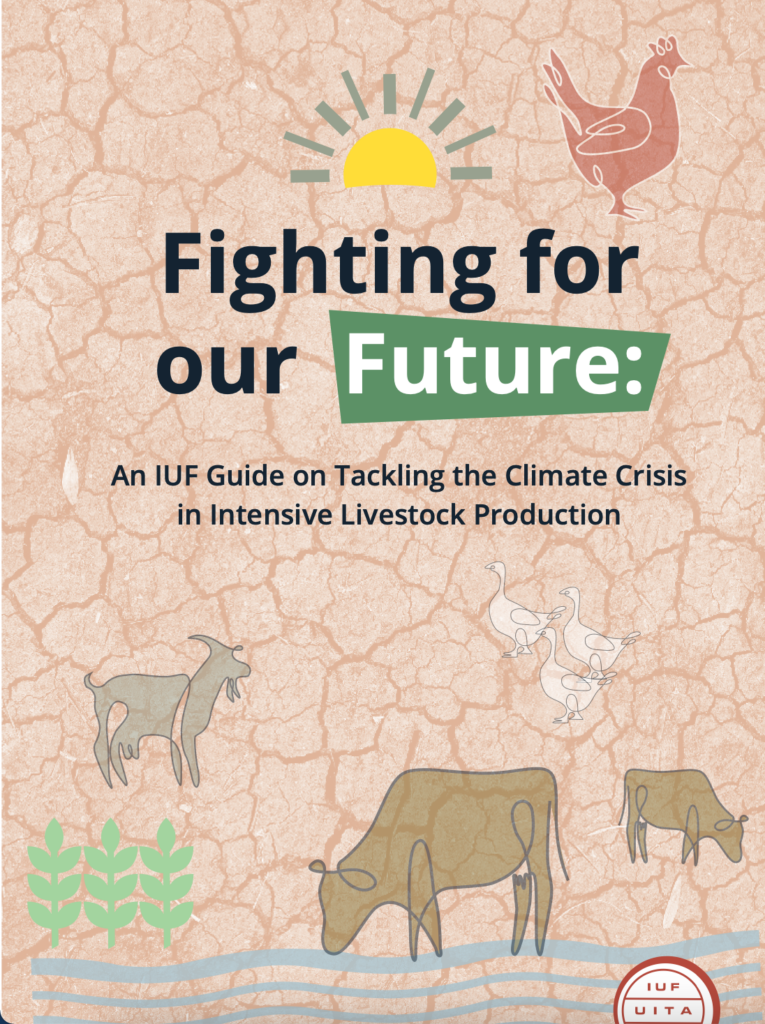Recent years have seen a surge of interest in hydrogen, and especially in its potential role in decarbonizing energy systems and wider economies. References to “green,” “blue” and “clean” hydrogen may at times be confusing, but can also leave the impression that the important issues around hydrogen are simple and well understood, or at least should be relatively easy to sort out. TUED’s latest Working Paper, True Colors: What Role Can Hydrogen Play in the Transition to a Low-Carbon Future? argues that such an impression could hardly be further from the truth.
The paper argues that mainstream policy voices and private-sector interests have largely shaped and driven the debates around hydrogen, without seriously questioning, let alone challenging, current policy and ownership patterns. As a result, these debates often take place as if the priority is to choose among technology options, without worrying about what else might need to change in order for any of those options to be able to really help solve the climate and energy crisis.
Hydrogen and the Decarbonization Challenge
Hydrogen already plays an important role in many industrial and other processes. Large quantities of hydrogen are used in refining petroleum, in the production of steel, ammonia and other chemicals, as a coolant in power stations, and much more. Hydrogen can be used to produce electricity through fuel cells, which can power vehicles or be fed into electrical grids. It can be used as a fuel for heat or to drive gas turbines, or can be converted into ammonia or other fuels. In principle, it can be produced from “carbon-free” sources and used as a fuel in ways that produce only water as waste.
But ensuring that hydrogen can play a significant role in decarbonization would require both a major expansion of its use — into more of industry, as well as into sectors where it is currently hardly used at all, like transport and power generation — as well as the decarbonization of its own production — either by “capturing” emissions generated during its production from fossil fuels (often called “blue hydrogen”) or, preferably, by producing it through processes that generate few or no emissions to begin with (often called “green hydrogen”).
The paper provides an overview of the technical facts about hydrogen’s current role in the economy, as well as the much-expanded role it is expected to play in major decarbonization scenarios, and the levels of investment required to achieve that expanded role. It also explains the various “colors” of hydrogen that readers might encounter in these debates, and outlines the technical issues and challenges involved in the main options for decarbonizing hydrogen production that figure in popular reporting and debates.
Regarding “green hydrogen for grid storage” in particular — which many consider to hold significant potential as part of decarbonized electrical systems based on wind and solar power generation — the paper offers a deep dive into the production processes involved, the options for storage, and the reconversion of stored hydrogen into usable electrical power. It argues that, given the energy losses and technical hurdles involved at each stage, relying on private sector investment to drive the scaling up of hydrogen in ways that support the kinds of decarbonization we need seems highly unrealistic. The paper argues that, given the technical challenges involved in scaling up hydrogen in line with meeting the decarbonization challenge, there can be little doubt that doing so requires a dramatic shift in approach — a shift away from trying to “incentivize” private investors, and toward a planned, coordinated mobilization under public ownership and control.
Hydrogen and the Case for Public Ownership
The paper concludes by offering reflections aimed at developing an alternative approach that offers a better chance at achieving decarbonization, and at allowing hydrogen to play whatever role it can in helping to reach that goal — a “pro-public vision for hydrogen in decarbonization.” It argues that only an approach grounded in public ownership, decommodification, and freeing the development and deployment of hydrogen (and other technologies) from the imperatives of profit stands any real chance of delivering the energy transition that workers, as well as their unions, communities and allies, urgently need.
Trade Unions for Energy Democracy (TUED) is a global, multi-sector trade union initiative to advance democratic direction and control of energy in a way that promotes solutions to the climate crisis, energy poverty, the degradation of both land and people, and responds to the attacks on workers’ rights and protections. TUED is is part of the Global Labour Institute Network.





